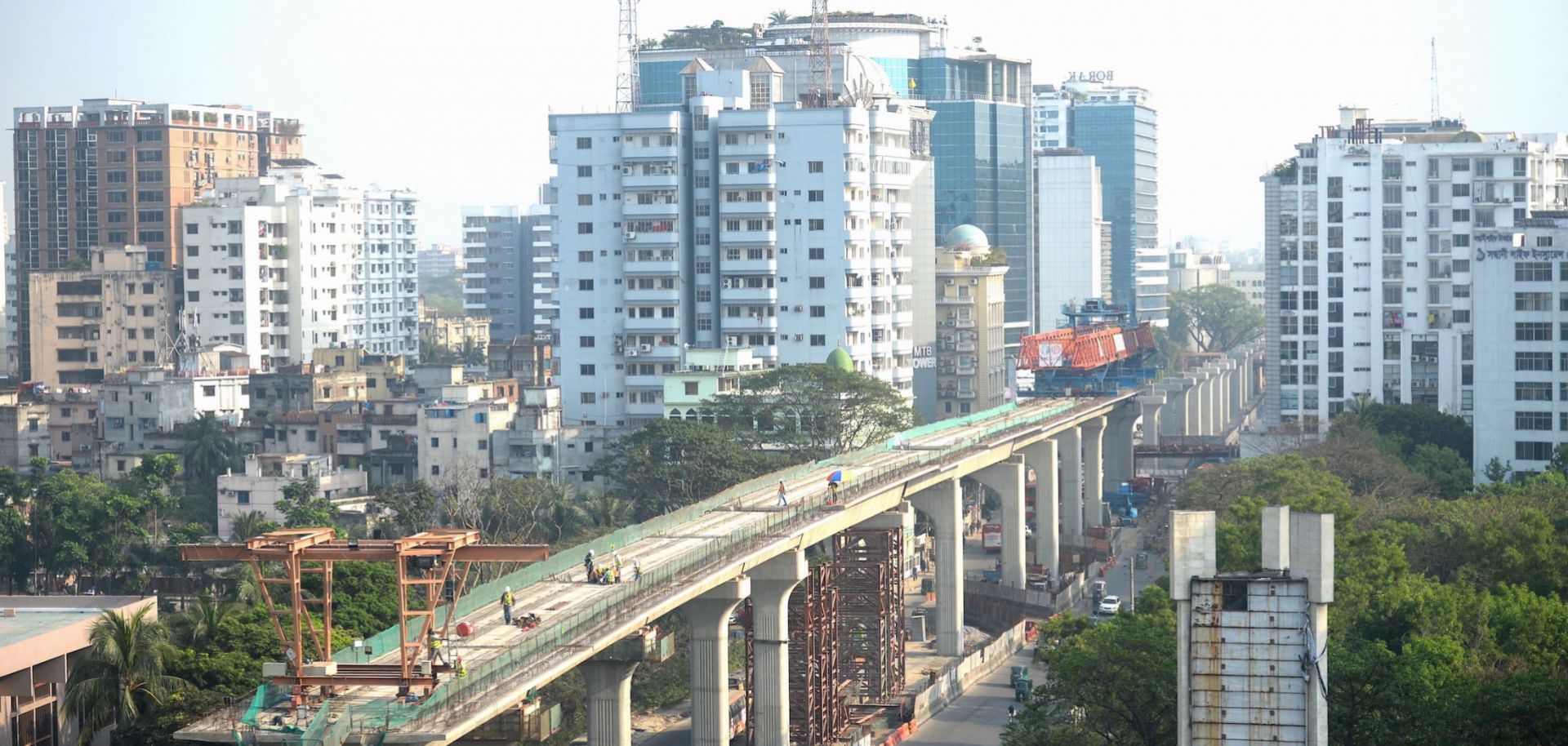Compared with most of its regional peers, Bangladesh is better positioned to withstand the economic and political fallout from skyrocketing global food and energy prices. The current crisis has, however, revealed the country's vulnerability to external market shocks, which could slow economic growth in the medium term. After being hit hard by the COVID-19 pandemic, Bangladesh's economy started to show some signs of life in 2021 amid the easing of lockdown measures. But the fallout from the ongoing war in Ukraine has plunged Bangladesh back into crisis in recent months. Rising global prices for food and energy (of which Bangladesh is a net importer) have quickly eaten into the country's foreign exchange reserves and have increased its current account deficit, forcing the government to implement various austerity measures to shore up its dwindling finances. Growing fears of a looming global recession have also reduced demand for Bangladesh's garment exports --...

